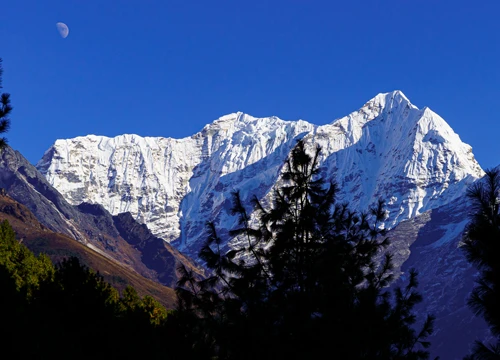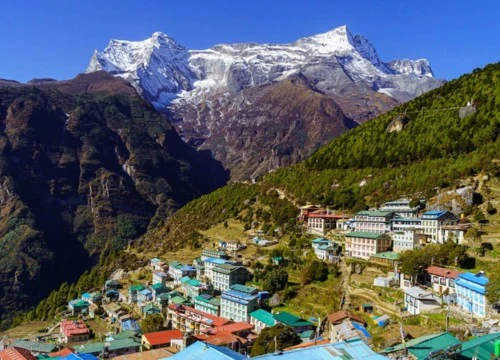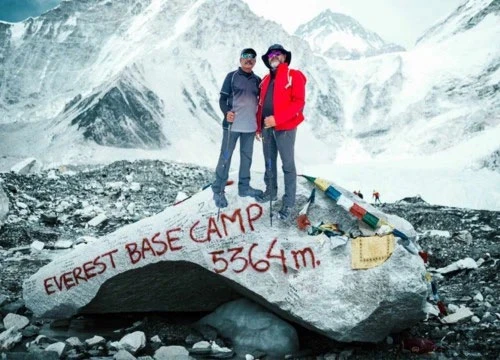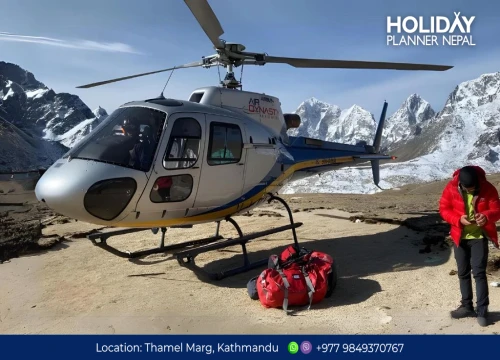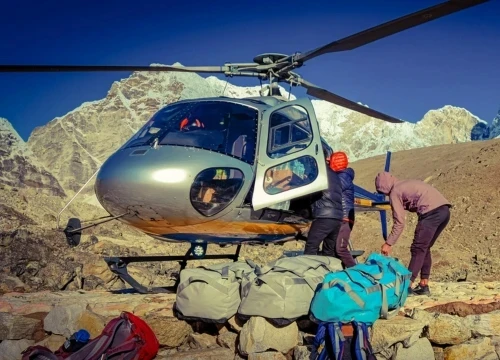Duration:13 Days Everest Base Camp Luxury Trek - 13 Days
FromUS$2299US$2399Duration:11 Days Book Tea House For Everest Trek
FromUS$350US$450Duration:12 Days Everest Base Camp Short Trek - 12 Days
FromUS$1199US$1299Duration:6 Days Helicopter Tour to Everest Base Camp - 6 days
FromUS$2899US$2999Duration:1 Days Everest Base Camp Helicopter Tour with Landing - 1 Day
FromUS$5000US$5200Duration:15 Days Everest Base Camp Trek For Seniors-15 days
FromUS$2309US$2499Duration:14 Days Everest Base Camp Trekking - 14 Days
FromUS$1399US$1599Duration:1 Hours Everest helicopter tour - 1 Day
FromUS$1399US$1499Duration:15 Days Gokyo Valley Trekking - 15 Days
FromUS$1399US$1499Duration:6 Days Everest short trek with Gokyo helicopter tour -6 days
FromUS$2899US$2999Duration:11 Days Everest Base Camp Trekking with Helicopter Return- 11 Days
FromUS$3099US$3199Duration:10 Days Everest Short Yoga Trek - 10 Days
FromUS$1499US$1599Duration:8 Days Pike Hill Trekking - 8 Days
FromUS$699US$799Duration:13 Days Everest Panorama Trekking- 12 Days
FromUS$1399US$1499Duration:19 Days Gokyo Cho La Pass Trekking - 19 Days
FromUS$1599US$1799Duration:21 Days Everest Three Pass Trekking - 21 days
FromUS$1599US$1699Duration:14 Days Everest Base Camp Yoga Trek: 14 Days
FromUS$1599US$1699Duration:16 Days Gokyo Lake Everest Panorama Trekking- 16 Days
FromUS$1499US$1599Duration:18 Days Rolwaling Everest Trekking - 18 Days
FromUS$3199US$3299Duration:21 Days Jiri to Everest Base Camp Trek - 21 Days
FromUS$1599US$1699
The high Khumbu region surrounding Mount Everest offers a variety of scenic hikes that range in difficulty.
Trekking in the Everest region will give you the chance to reach Mount Everest's base, which is 8,848 meters (29,028 feet) above sea level. There are lots of places to go trekking and have an adventure. Trekking in the Everest region offers breathtaking views while being cozy in nice lodges with rooms that have views of the mountains and dramatic landscapes. There are options for extending treks to two or three weeks.
All treks take you into the heart of Mount Everest, which is encircled by the towering peaks of Lhotse-Nuptse-Pumori and Ama Dablam, among many other mountains, making this a fascinating scenic location to choose from moderate to adventurous or challenging trekking.
With its unmatched views, Everest Base Camp's walks take you from alpine green woodland to the arctic zone's ruthless fields of moraine and glaciers. Holiday Tours provides a variety of trekking options in the Everest region of Nepal, including the Classic Way from Jiri to Everest, a breathtaking scenic flight from Kathmandu to Lukla, trekking through authentic Sherpa villages with vibrant cultures intertwined with Buddhism, and exploring its ancient, fascinating monasteries.


